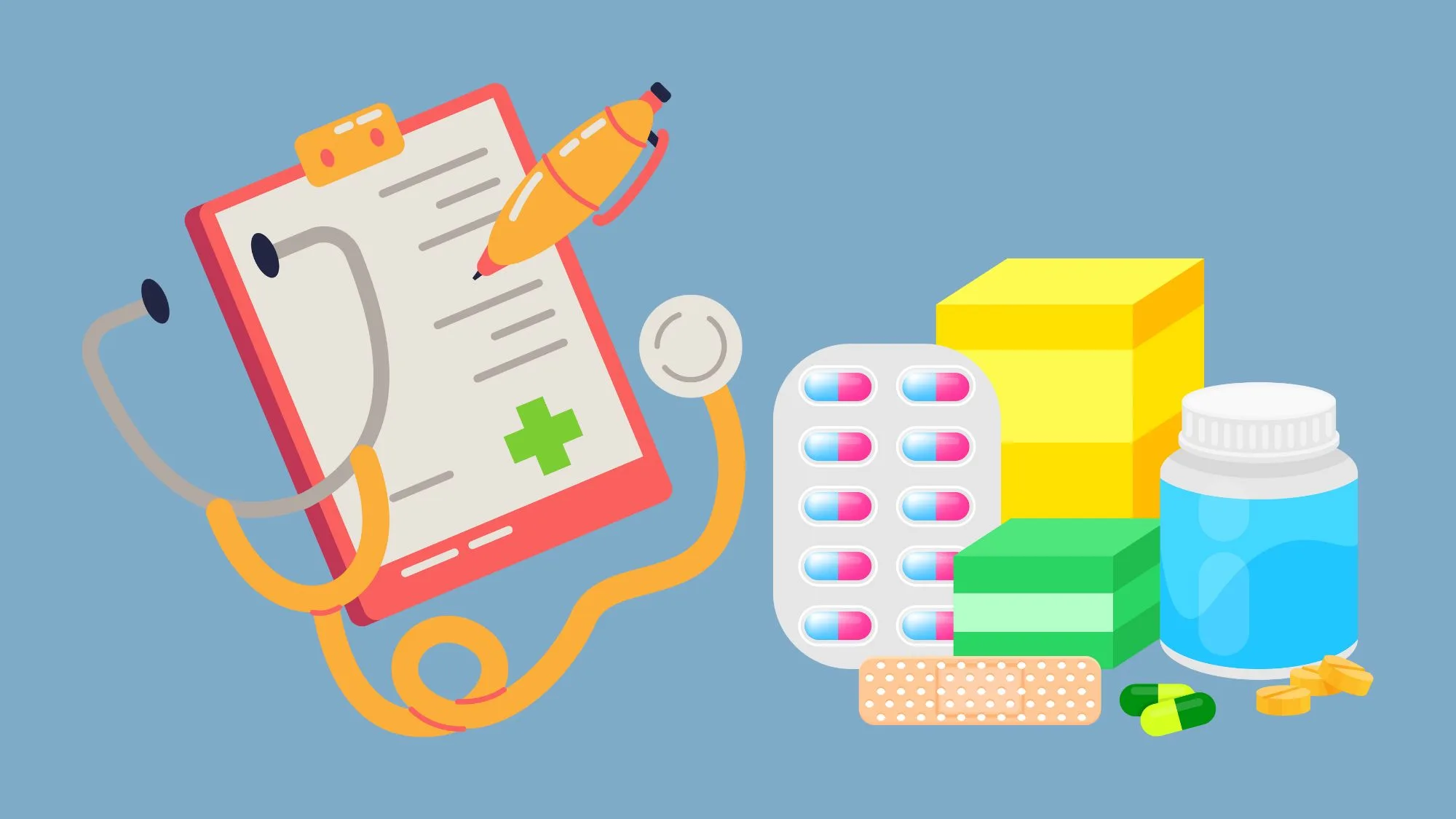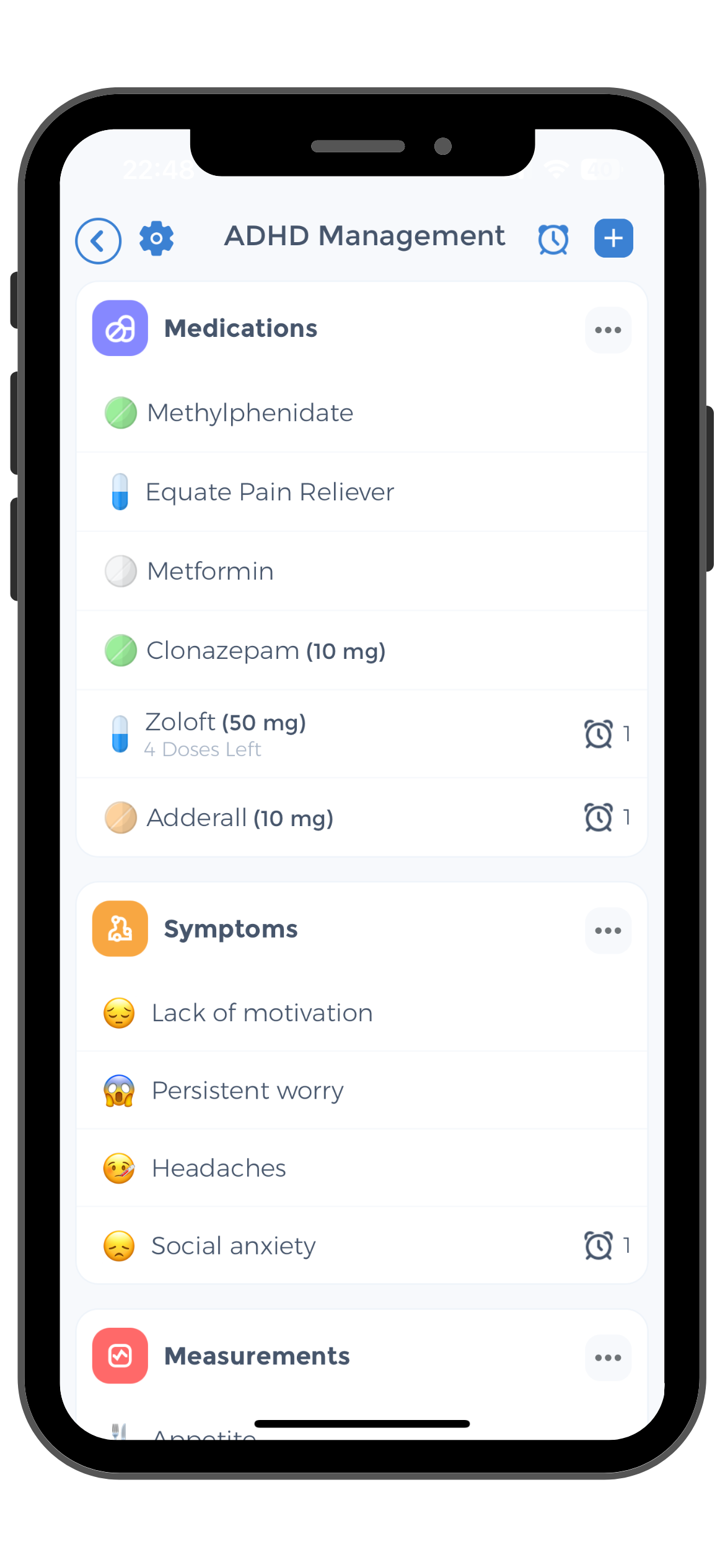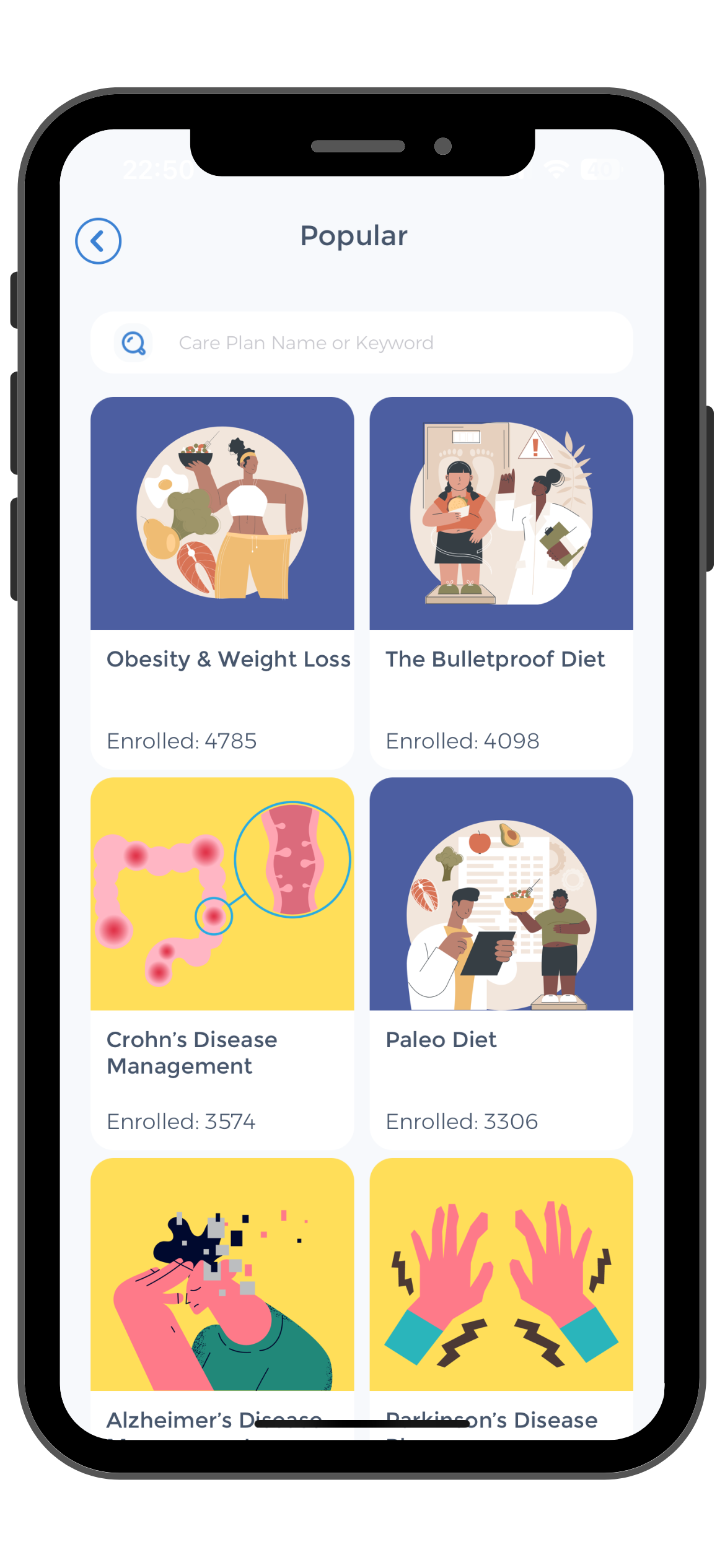
Vyvanse, a prescription medication, is commonly used to treat attention deficit hyperactivity disorder (ADHD) and binge eating disorder (BED). In this comprehensive guide, we will delve into the key aspects of Vyvanse, including its cognitive benefits, uses, side effects, dosage, administration, and precautions for optimal brain function.
By the end, you’ll have a better understanding of this medication and how it can improve mental performance and various cognitive functions. Remember, this guide is not a substitute for professional medical advice, so consult with your healthcare provider for personalized recommendations.
Understanding Vyvanse: What is Vyvanse?
Vyvanse is a central nervous system stimulant that contains the active ingredient lisdexamfetamine. It works by affecting certain chemicals in the brain health and nerves that contribute to cognitive functioning of hyperactivity and impulse control. Unlike some other medications used to treat ADHD, Vyvanse is a prodrug, meaning it is inactive until it is metabolized in the body. This unique feature provides a gradual release of the medication throughout the day, allowing for extended symptom relief.
The Science Behind Vyvanse
When Vyvanse is ingested, enzymes in the body convert it into dextroamphetamine, which is the active form of the medication. Dextroamphetamine acts as a stimulant by increasing the levels of certain neurotransmitters, such as dopamine and norepinephrine, in the brain. These neurotransmitters play a crucial role in cognitive performance and regulating attention, focus, and impulse control. By enhancing their activity, Vyvanse helps individuals with ADHD improve their symptoms and focus better on tasks at hand.
Vyvanse is commonly prescribed to both children and adults with Attention-Deficit/Hyperactivity Disorder (ADHD). It is important to note that Vyvanse should be taken as prescribed by a healthcare provider, as misuse or abuse of the medication can lead to serious side effects and dependency. Regular monitoring by a doctor is essential to ensure the medication is effective and well-tolerated.
Potential Side Effects of Vyvanse
While Vyvanse can be an effective treatment for ADHD, it may also cause side effects in some individuals. Common side effects of Vyvanse include decreased appetite, difficulty sleeping, dry mouth, and irritability. More serious side effects, although rare, can include changes in heart rate, hallucinations, and mood swings.
Getting your adhd medication vyvanse dosage just right takes time and careful attention. Some people need adjustments because their dose is too high, which can cause uncomfortable side effects. Working with your doctor to find the right amount helps you get the benefits without the problems.
It is important to discuss any concerns or unusual symptoms with a healthcare provider promptly.
The Uses of Vyvanse: Enhance Cognitive Function
Vyvanse for ADHD
Vyvanse is primarily prescribed to individuals diagnosed with ADHD, a neurological disorders characterized by symptoms such as inattention, hyperactivity, and impulsivity. It can be an effective treatment option for both children and adults with ADHD. By enhancing neurotransmitter activity in the brain function, Vyvanse helps individuals with ADHD improve their ability to focus, control impulses, and manage disruptive behaviors.
It’s important to note that Vyvanse is a stimulant medication that works by increasing the levels of dopamine and norepinephrine in the brain. These neurotransmitters play a crucial role in regulating attention, behavior, and impulse control. Vyvanse is often preferred by healthcare providers due to its long-lasting effects, which can help individuals with ADHD stay focused throughout the day.
Other Medical Uses of Vyvanse
 In addition to ADHD, Vyvanse is approved by the FDA for the treatment of binge eating disorder (BED) in adults. BED is a serious eating disorder characterized by recurrent episodes of uncontrollable overeating. Vyvanse can help reduce the frequency of binge-eating episodes and promote weight loss in individuals with BED. If you suspect that you may have BED, consult with a healthcare professional to discuss the available treatment options.
In addition to ADHD, Vyvanse is approved by the FDA for the treatment of binge eating disorder (BED) in adults. BED is a serious eating disorder characterized by recurrent episodes of uncontrollable overeating. Vyvanse can help reduce the frequency of binge-eating episodes and promote weight loss in individuals with BED. If you suspect that you may have BED, consult with a healthcare professional to discuss the available treatment options.
Furthermore, Vyvanse has also shown promise in the treatment of narcolepsy, a chronic sleep disorder that causes overwhelming daytime drowsiness and sudden sleep attacks. By promoting wakefulness and alertness, Vyvanse can help individuals with narcolepsy manage their symptoms and improve their quality of life. If you have been diagnosed with narcolepsy, talk to your doctor about whether Vyvanse may be a suitable treatment option for you.[1]
The Side Effects of Vyvanse
Common Side Effects
As with any medication, Vyvanse may cause side effects. These are typically mild and transient, but it’s essential to be aware of them. Common side effects of Vyvanse include decreased appetite, trouble sleeping, dry mouth, headache, brain fog, and irritability. These side effects often diminish over time as your body adjusts to the medication. If the side effects become bothersome or persistent, consult with your healthcare provider for guidance and potential solutions.
It’s important to note that while these common side effects are often manageable, they can impact individuals differently. For example, some people may experience a significant decrease in appetite, leading to weight loss, while others may find it challenging to fall asleep initially. Understanding how your body responds to Vyvanse can help you navigate these common side effects more effectively.
Serious Side Effects
While serious side effects from Vyvanse are rare, it’s crucial to be aware of them. Stop taking Vyvanse and seek immediate medical attention if you experience chest pain, shortness of breath, fainting, severe headaches, or signs of an allergic reaction such as rash, itching, or swelling. Additionally, inform your healthcare provider if you notice any sudden changes in mood, behavior, or thoughts, as Vyvanse may increase the risk of psychiatric problems or suicidal thoughts in some individuals.
Monitoring and Management
It’s essential to monitor your body’s response to Vyvanse closely, especially during the initial stages of treatment. Being vigilant about any unusual symptoms or changes can help catch potential serious side effects early and prevent any complications. Remember, your healthcare provider is there to support you throughout your treatment journey and can provide guidance on managing both common and serious side effects effectively.
Dosage and Administration of Vyvanse
Determining the Right Dosage
The appropriate dosage of Vyvanse varies depending on several factors, including your age, weight, and the condition being treated. Your healthcare provider will determine the initial dosage and may adjust it over time to achieve the best results while minimizing side effects. It’s crucial to follow your healthcare provider’s instructions precisely and not change the dosage without their guidance.
When determining the right dosage of Vyvanse, your healthcare provider will consider factors such as your individual response to the medication, any other medical conditions you may have, and any other medications you are taking that could interact with Vyvanse. It’s essential to communicate openly with your healthcare provider about any concerns or changes in your condition to ensure the dosage remains appropriate for your needs.
How to Take Vyvanse
Vyvanse is an oral medication that is usually taken once daily in the morning. It can be taken with or without food. Swallow the capsule whole, with water or other liquid, without chewing or crushing it. If you have difficulty swallowing capsules, speak to your healthcare provider, as they may suggest alternative administration methods.
It’s important to establish a consistent routine for taking Vyvanse to maximize its effectiveness. Setting a specific time each day to take your medication can help you remember to take it and ensure that you maintain a steady level of the drug in your system. If you miss a dose, take it as soon as you remember, unless it is close to your next scheduled dose. In that case, skip the missed dose and continue with your regular dosing schedule.
Interactions and Precautions
Drug Interactions with Vyvanse
 Before starting Vyvanse, it is important to inform your healthcare provider about all the medications and supplements you are currently taking. This includes prescription drugs, over-the-counter medications, and even herbal supplements. Vyvanse may interact with certain medications, so it is crucial to provide your healthcare provider with a comprehensive list of everything you are taking.
Before starting Vyvanse, it is important to inform your healthcare provider about all the medications and supplements you are currently taking. This includes prescription drugs, over-the-counter medications, and even herbal supplements. Vyvanse may interact with certain medications, so it is crucial to provide your healthcare provider with a comprehensive list of everything you are taking.
One class of medications that should not be taken within 14 days before or after stopping Vyvanse is monoamine oxidase inhibitors (MAOIs). MAOIs are commonly used to treat depression, but when combined with Vyvanse, they can lead to a potentially dangerous condition called serotonin syndrome. This condition can cause symptoms such as agitation, hallucinations, rapid heartbeat, and even seizures. It is important to avoid MAOIs while taking Vyvanse to prevent this serious interaction.
Another class of medications that may require dose adjustments when used with Vyvanse is selective serotonin reuptake inhibitors (SSRIs). SSRIs are commonly used to treat depression and anxiety. When combined with Vyvanse, they can increase the risk of side effects such as increased heart rate and blood pressure. Your healthcare provider can guide you on potential interactions and any necessary precautions to ensure your safety and optimize the effectiveness of your treatment.
Precautions Before Taking Vyvamind Dietary Supplement
Disclosure of Medical History
Before starting Vyvamind, it’s crucial to provide your healthcare provider with a comprehensive medical history. This includes any cardiovascular issues, mild cognitive impairment, mental clarity and mental health disorders, or substance abuse history. Such information is vital for determining potential risks and ensuring the appropriate management of your treatment plan.
Impact of Pre-existing Medical Conditions
Certain medical conditions may interact with Vyvamind, necessitating caution or contraindications. For instance, individuals with a history of heart problems or high blood pressure should be monitored closely while taking Vyvamind, as it can elevate heart rate and blood pressure levels. Your healthcare provider will assess your medical history to minimize potential risks and ensure your safety.
Avoidance of Alcohol and Substances
It’s essential to refrain from alcohol and other substances while using Vyvamind. Alcohol can exacerbate side effects like dizziness, drowsiness, and cognitive impairment when combined with Vyvamind. Similarly, interactions with stimulants or illicit drugs can lead to unpredictable outcomes. Adhering to your healthcare provider’s recommendations regarding substance use is critical for your safety and the effectiveness of Vyvamind treatment.
Health Benefits of Vyvamind
Vyvamind offers significant benefits for individuals diagnosed with ADHD or binge eating disorder. It improves symptoms, improve cognitive function, promotes better impulse control and overall brain health. However, its efficacy depends on proper usage under healthcare supervision, including regular monitoring, dosage adjustments, and addressing any concerns or inquiries.
Holistic Approach to Self-Care
While Vyvamind plays a crucial role in treatment, holistic self-care practices are equally important. Incorporating healthy lifestyle habits, stress and anxiety levels management, and support systems into your routine can augment Vyvamind’s effectiveness and contribute to overall well-being. By adopting a comprehensive approach to management, you can effectively navigate your condition and lead a fulfilling life.[2]
Use the CareClinic App to Manage Central Nervous System
Managing your ADHD or binge eating disorder treatment with Vyvanse can be streamlined using the CareClinic App. This health app allows you to track your medication intake, improved cognitive performance, monitor side effects, and document your daily symptoms and mood.
By consistently logging this information, the app helps you and your healthcare provider identify patterns and make informed adjustments to your treatment plan. The CareClinic App’s reminders feature ensures you take Vyvanse at the same time each day, maximizing its therapeutic effects.
Download the CareClinic App and Track Cognitive Abilities
Furthermore, the CareClinic App provides a comprehensive platform to integrate healthy lifestyle habits alongside your Vyvanse regimen. Track your diet, exercise, and sleep patterns to see how they influence and improved cognitive function. With the app’s easy-to-use interface, you can gain insights into your health trends over time, empowering you to take control of your treatment journey.
To enhance your health outcomes, Install App today and start your path to improved management of your condition.
References
- “Vyvanse® (Lisdexamfetamine Dimesylate) Capsules (CII) Becomes First And Only Treatment Approved By The FDA For Adults With Moderate To Severe Binge Eating Disorder”. https://www.takeda.com/newsroom/shire-news-releases/2015/vyvanse-lisdexamfetamine-dimesylate-capsules-cii-becomes-first-and-only-treatment-approved-by/
- “Vyvanse: Package Insert – drugclasses.com”. https://www.drugclasses.com/pro/vyvanse.html


